“WHEN THINGS GO WRONG"
by D.D. Jackson
[originally published in DownBeat magazine, Apr./05]
I recently heard an interesting report on NPR about a class being taught at Julliard dealing with performance anxiety. In it, students were asked to play their instruments while all manner of distractions were thrown their way, from the sound of planks being dropped, to a final exam involving shuffling papers, to distant out-of-tune music deliberately played in the background, coughs and any other number of “real world” potential pitfalls the teacher thought the students might likely encounter later on in their careers. In the end, one grateful student proclaimed that having gone through this rigorous regimen, he could now go on with life confident that no matter what obstacles lay ahead for him as a performer, he would already have survived much worse.
I couldn’t help but think to myself: “If he only knew”. As most seasoned performers will attest, real life has a way of outdoing even the most outlandish of predicted scenarios and everyone has a story or two about situations in which something went terribly wrong.
I’ve certainly had my share of bizarre stories. I remember the time when a fellow band mate, experiencing what was later determined to be an extreme drug reaction, began literally barking at members of the audience like a dog, eventually scaring and chasing one person completely out of the auditorium, instrument in hand. I also once performed an outdoor solo piano concert at a jazz festival in a torrential thunderstorm, the canopy above my head occasionally overflowing and causing giant bursts of water to break through all about me as I played, puddles splashing about as I stamped my feet in rhythm, and the risk of electrocution never far from my mind.
My relationship with the piano, too, has been occasionally less than placid. Over the years my stool has fallen out from under me as I played (one time falling directly into the audience); I’ve banged my head on the monitor speaker behind me or on my instrument in front of me on a couple of notable occasions; and I’ve caused piano strings to break and seen actual keys occasionally go flying in the course of a particularly physical performance. And I’ll certainly never forgot the “Blood On the Keys” incident in which I auditioned for a major label in the form of a live concert at a major New York jazz club and managed to cut my finger on the very first note of the first piece played. Fearful of destroying momentum and my first impression, I played on, even as the bleeding continued and the keys became almost unplayable.
So how can one truly be prepared when things don’t go according to plan? I once asked my teacher, Don Pullen, a similar question at the start of my career. It was right before my first major gig, and I was nervous about my abilities as potential bandleader: Would my sidemen listen to me? How would I deal with the unpredictables that I presumed would eventually arise? His answer stuck with me to this day. “Experience”, he said, was what built confidence in such situations. He encouraged me to begin finding as many people to play with and varied contexts in which to hone my performance skills as possible.
While courses and advice are helpful, I ultimately realized that it is precisely this day-in, day-out process of putting oneself out there, confronting obstacles, learning that it’s not as bad as previously feared, and then moving on to the next thing, that will, over time, provide the self-assurance to continue plowing forward when things go wrong.
